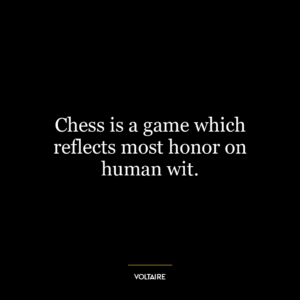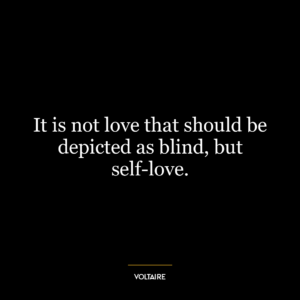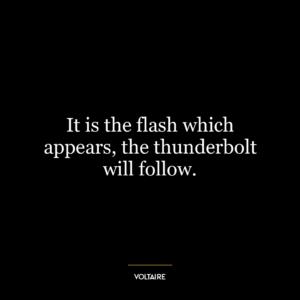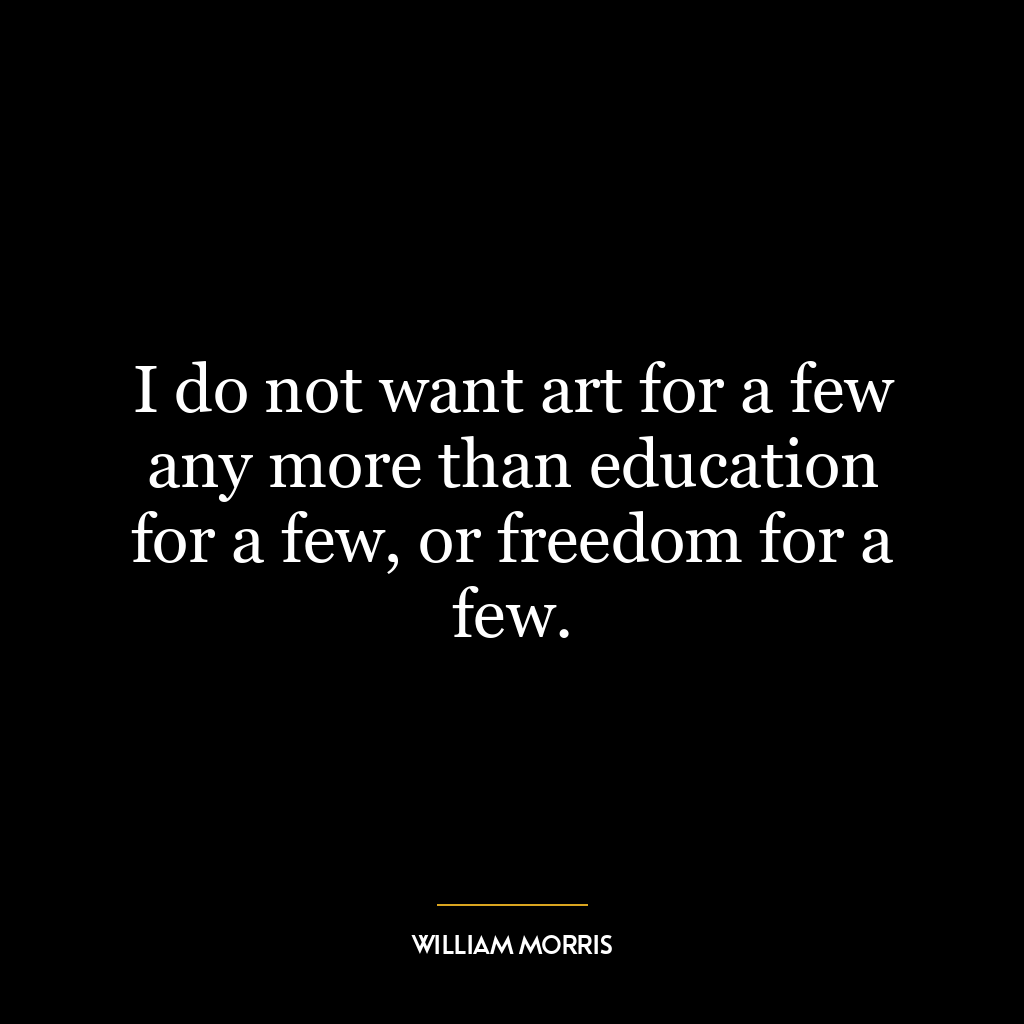The punishment of criminals should be of use; when a man is hanged he is good for nothing.
This quote by Voltaire suggests that the punishment for criminals should have a purpose beyond just retribution. It implies that if a man is hanged (a metaphor for capital punishment), he serves no further use to society, and the opportunity for him to potentially reform, learn, or contribute positively in the future is completely eliminated.
The quote challenges the idea of punishment as a means of revenge or a way to simply get rid of wrongdoers. Instead, it proposes that punishment should be a tool for rehabilitation and transformation. This is an argument against capital punishment and for the reformative theory of punishment, which focuses on helping criminals to change their behavior and reintegrate into society.
In today’s world, this idea is particularly relevant in discussions about the justice system. Many societies are moving away from punitive justice, which focuses on punishing the offender, towards restorative justice, which focuses on repairing the harm caused by the crime. This includes practices like community service, rehabilitation programs, and opportunities for education and skill development in prisons.
On a personal level, this quote can be interpreted as a call to view our own mistakes and failures as opportunities for growth and learning, rather than as reasons for self-punishment or shame. When we ‘hang’ ourselves with guilt and regret, we are ‘good for nothing’. But when we use our mistakes as lessons and stepping stones for improvement, we can become better versions of ourselves.
So, whether on a societal or personal level, the quote argues for a shift from a punitive to a transformative approach towards mistakes and wrongdoings. This perspective encourages us to see every negative as a potential positive, every end as a new beginning, and every failure as a step towards success.














